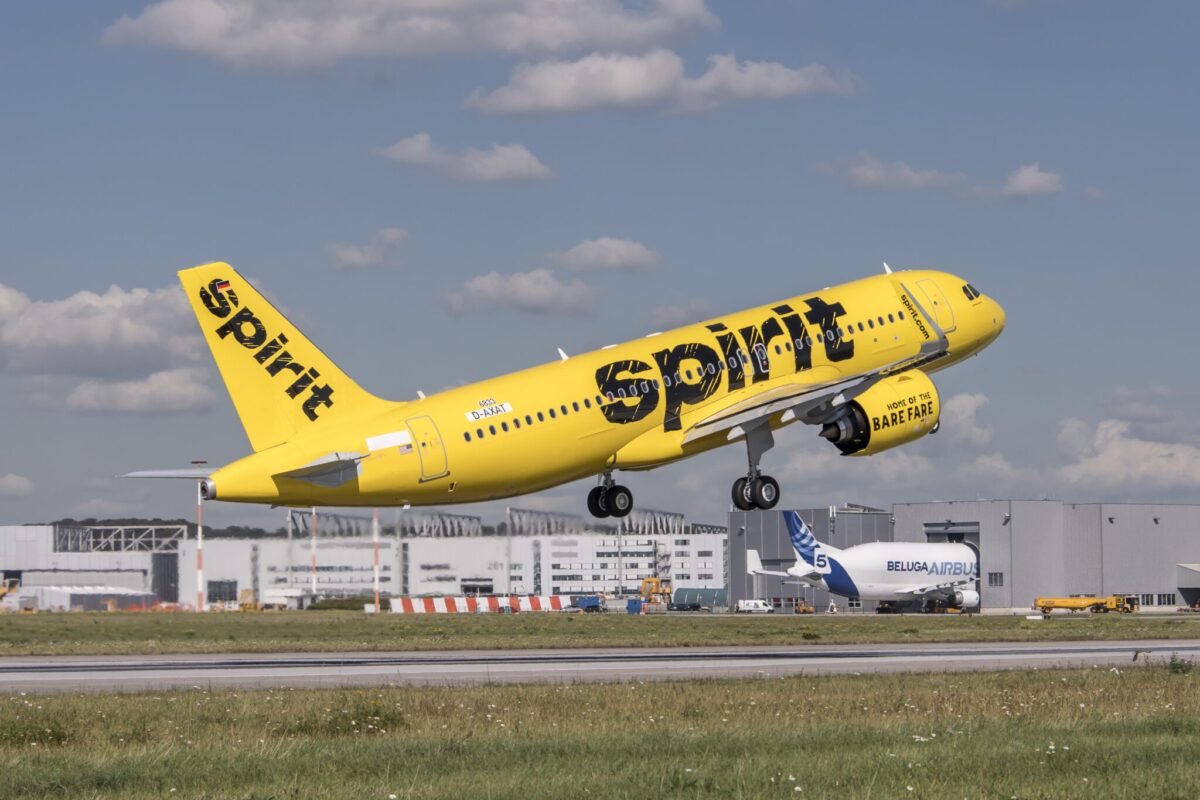Uber and Bloomberg could one day join forces to “destroy” NYC’s taxi industry
Skift Take
New York City mayor Michael Bloomberg told the head of a taxicab fleet that he plans to “fucking destroy” the city’s taxi industry when he leaves office on January 1. Bloomberg’s frustration with New York’s yellow cabs and their drivers stems from their unwillingness to adopt new technology such as accepting electronic passenger hails from smartphones, and their resistance to one of the mayor’s pet projects, a redesigned Taxi of Tomorrow.
There aren’t a lot of people who can credibly threaten to upend an entire microeconomy. The mayor is a billionaire, though, and he might just have the wherewithal to make it happen. So how might he go about it?
Well, first, when Bloomberg says “destroy,” we’re going to presume creative destruction, not physical annihilation. (It’s not that he couldn’t literally wipe out the taxi industry—with his $27 billion in personal wealth, he could undoubtedly afford the requisite military hardware—but even the famously direct Bloomberg might consider such a method unsubtle.) But isn’t car-service app Uber, which lets users order a cab, see on a map how far away it is, and pay for it, all through their phones, already going to disrupt the hidebound taxi industry?
Well, probably not while it’s so expensive (although, in my personal experience, the cheaper UberX option has proven cheaper than Los Angeles taxis). More importantly, though, Uber still faces an enormous challenge as long as paid automotive transportation is heavily regulated by public officials under the sway of a concentrated bloc of self-interested small-business owners riding in culturally significant yellow sedans. Uber, along with competitors like Zimride, exists in a regulatory grey area that officials from New York to San Francisco are trying close down, and while they may claim—with some justification—to be worried about consumer safety, a lot of the rules in mind, like banning lighter, eco-friendly cars or using GPS to calculate fares, clearly don’t have safety as their first concern.
Still, the laws that have allowed cabbies to block Mayor Bloomberg’s top-down technocratic paternalism while in office are the same ones that keep Uber from disrupting the the hired car sector from below. So if Bloomberg is serious about this smashing-the-yellow-cab-monopoly thing—and please, let him be—what does he have that Uber doesn’t? The answer is the distinguishing feature of his entire political career, from the shift in party allegiance that marked his first mayoral run to his quixotic campaign to enact gun safety rules: His firm belief that money well-deployed can buy any political outcome. And, of course, that $27 billion.
A heavily regulated marketplace creates high barriers to entry, but sufficient capital can break through them. Uber has raised $50 million since 2010, and while it doesn’t release revenue figures, it’s clearly in a precarious position when it comes to fighting regulatory lawsuits and city rule-makers. But a Bloomberg-funded trade group, with publicists, lobbyists and lawyers could open the legal doors, while Uber and the like force mobile efficiencies into the sector.
And then the market will provide all the destruction a megalomaniacal billionaire could want.
![]() This story originally appeared on Quartz, a Skift content partner.
This story originally appeared on Quartz, a Skift content partner.
Additional links from Quartz:
- The UK’s fastest growing tourist group endures the slowest visa process
- Something is wrong when a country says it’s 40 million rolls short on toilet paper
- Tesla’s next model: a $450 million convertible (debt) offering




